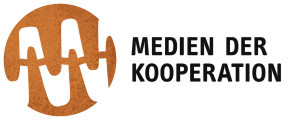Coping with Messiness in Ethnography
Authority, Bias and Immersion in Ethnographic Fieldwork in the Non-Western World
Workshop at the CHI 2021 Online Virtual Conference
Friday May 7th 4 p.m. – 7.30 p.m. UTC+2 and Saturday May 8th 4 p.m. – 7.30 p.m. UTC+2.
Ethnography is a deliberately „messy‟ methodology, putting its faith in the interpretative competence of the researcher when immersed in a social milieu in all its complexity. Rather than seeking the security of pre-conceived analytic categories, ethnographers typically steer a far more inductive course by cultivating an openness to the multiple and overlapping phenomenological worlds of their subjects.
(Nimmo 2011, p. 113)
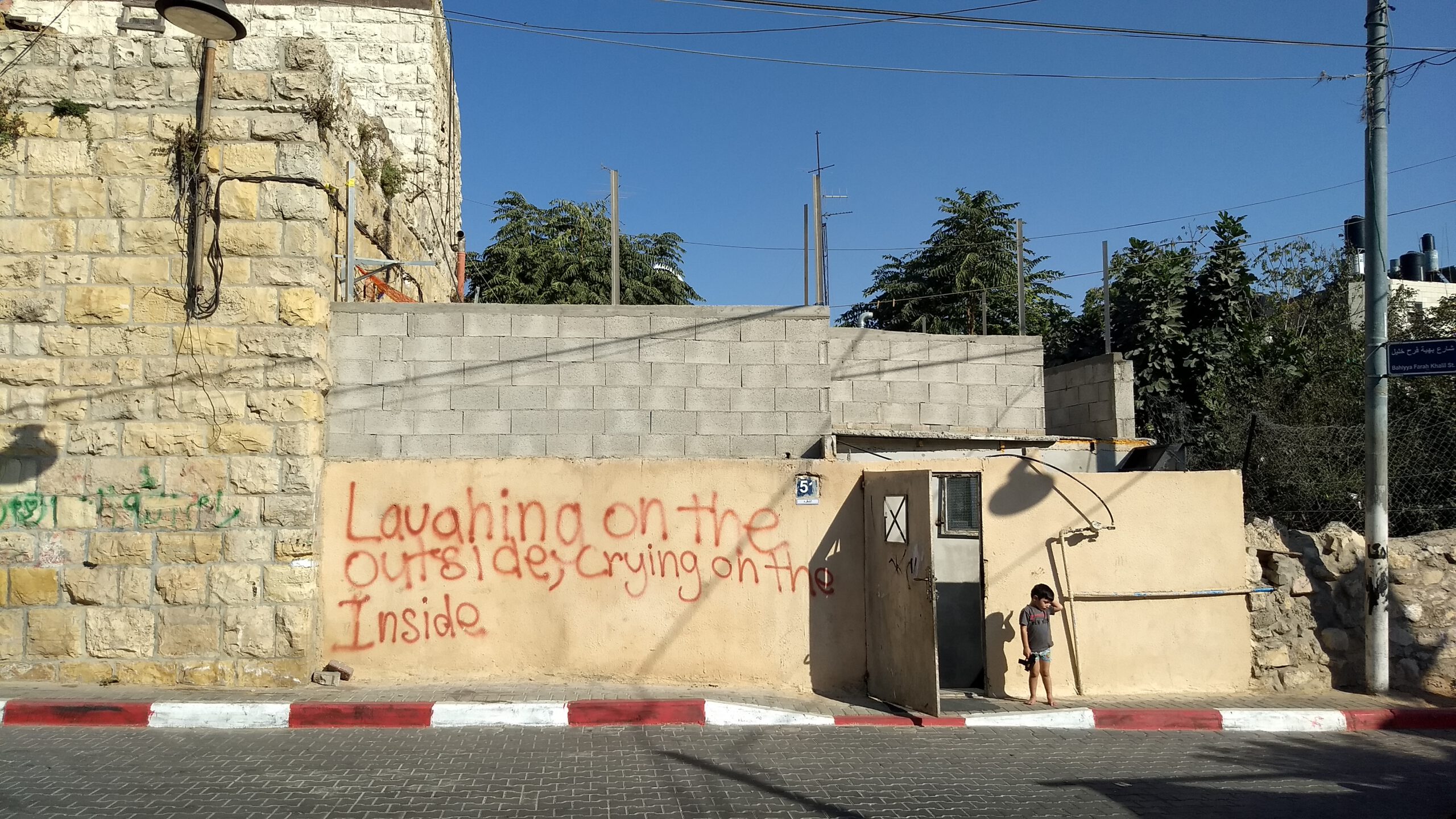
Background
Ethnography is gradually becoming more common in Human-Computer Interaction (HCI) and in technology design, – various studies have benefited from the strength that ethnographic approaches have in obtaining rich and grounded understanding of local contexts. As HCI has expanded its interest in investigating more diverse populations and settings, it has paved the way to new design opportunities but also new kinds of challenges and complexities. This workshop is dedicated to unpacking these messy challenges that arise when carrying out ethnographic fieldwork in a non-western setting.
Ethnography depends to a large extent on the kinds of interactions and relationships that the researcher establishes in the field site with different participants. Therefore, the ethnographer relies on a certain degree of immersion in the cultural context and practices one is studying. However, deep immersion needs to be carefully balanced, preserving the researcher’s critical stance to reflect.
Coping with issues of immersion to, and separation from, the field site is not always simple and straightforward. Reflections about this bias, open pathways to reflect immersion in the various fields of researchers as well. Becoming part of a field, organisation or group relates strongly to potential biases. Where are the borders between being an actual part of – and performing to be a part – of a community drawn? Carrying out an ethnographic study implies constant considerations, related to the researcher’s position, but also potential bias (e.g., regarding the role of the researcher and the type of data to be collected).
However, little is known about how to cope with biases from a methodological perspective, but also from a design perspective when translating users’ needs and experiences. Strongly related is the notion of authority manifested not only in researchers and participants, but also in organisations and political systems in which the field site is embedded. While a researcher might invest great efforts in establishing their ethnographic authority, it is not a static property that researchers pose once and for all. There have been reports of consciously influencing the field and its agents due to a self-perceived authority, especially in non-western contexts and politically unstable situations – using one’s own identity to reach certain goals – like passing checkpoints or gaining access to stakeholders and organizations. Changes in circumstances and settings, may result in a circumvented, redefined, or even lost authority. What are the challenges related to the researcher’s authority? Are there ways of reclaiming and re-establishing one’s own authority?
While similar methodological challenges have been discussed in the literature, greater attention needs to be dedicated to these ‘messy’ aspects that ethnographic fieldwork entails. The translation from what one has seen, experienced and witnessed and how that translates to user needs and ultimately manifests in design has not yet been in the focus of the CHI community.
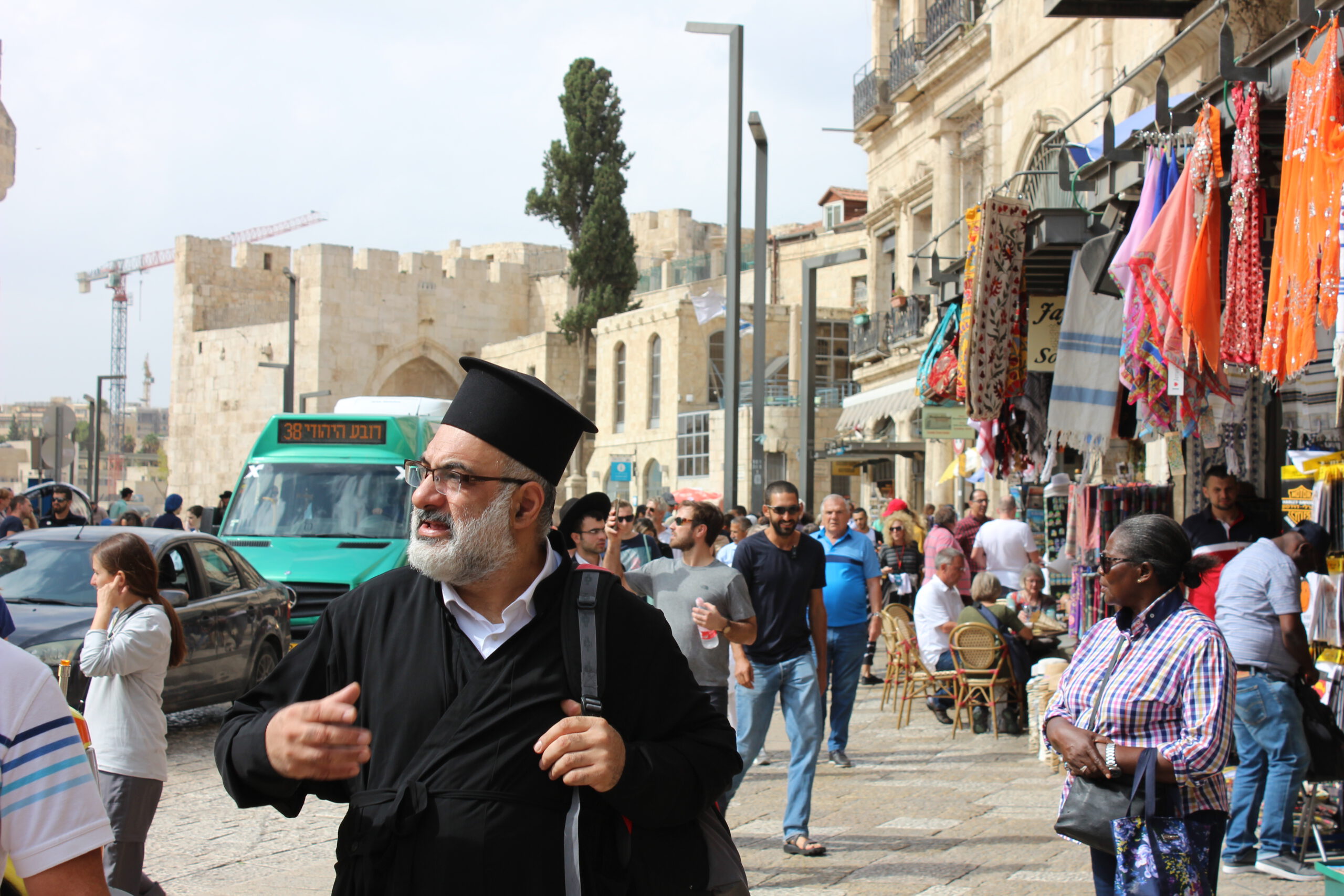
Aim
The aim of this workshop is to share experiences and identify common aspects and workarounds of messiness in ethnographic work. Participants are invited to critique and rethink current concepts, methods and frameworks of ethnographic fieldwork that do not serve research in the non-Western world. The key objectives of the workshop are:
- Establishing a community of ethnographic researchers to foster exchange on on-going challenges and barriers
- Sharing, discussing, criticising and rethinking existing methods, coping mechanisms and strategies
- Formulating guidelines to address challenges when conducting ethnographic research (work in progress)
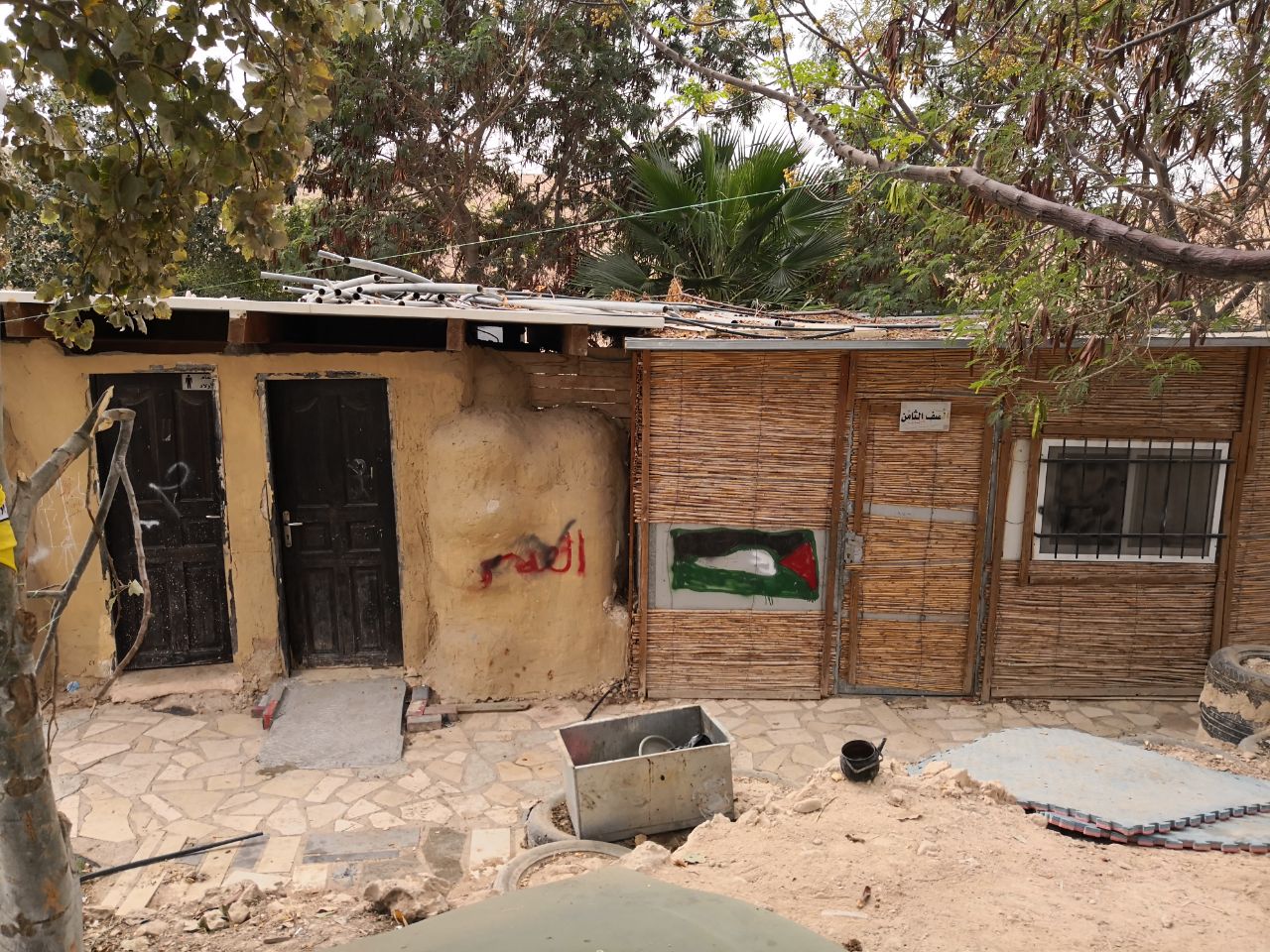
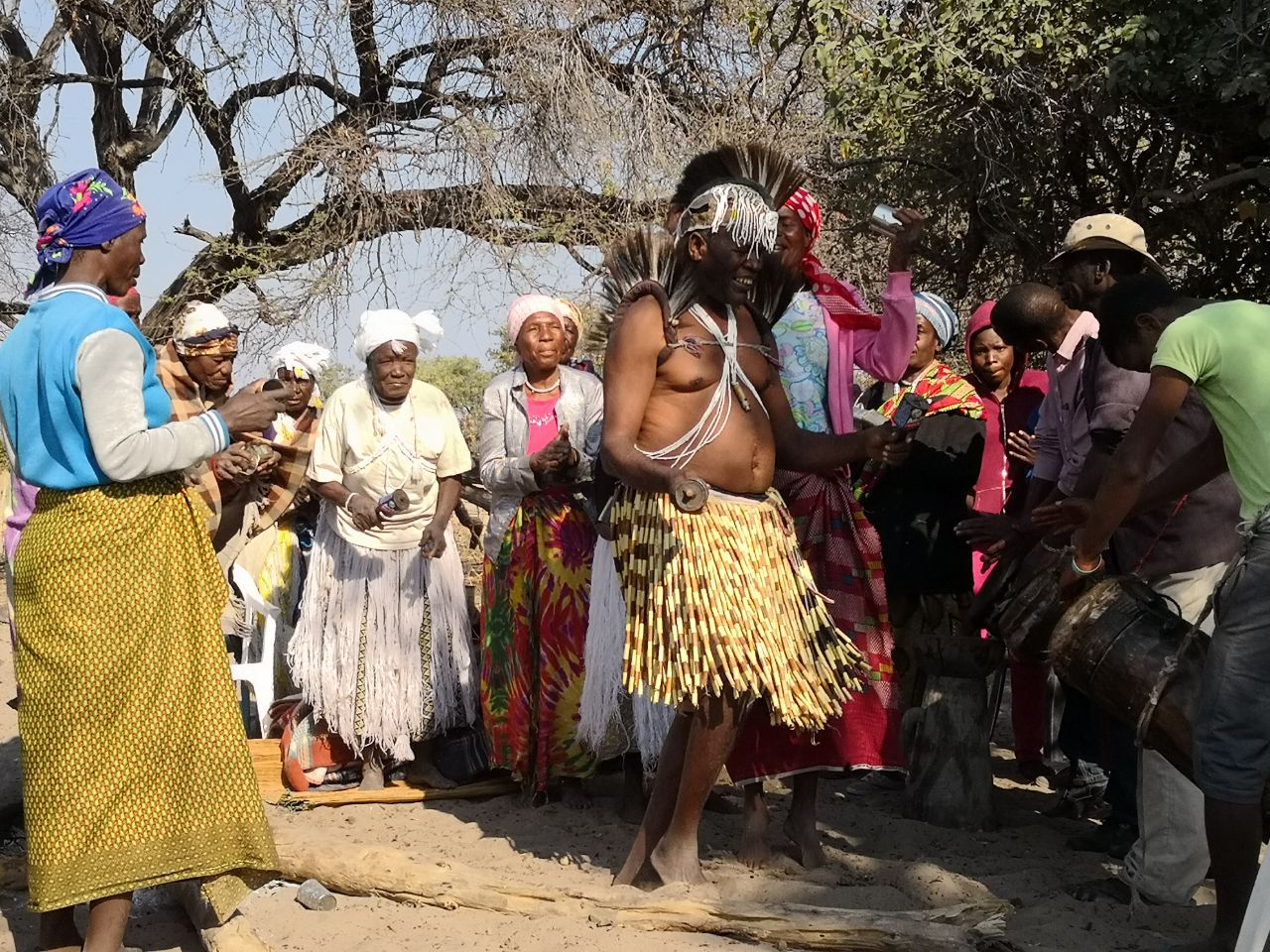
Call for Papers
This workshop is dedicated to unpacking these messy challenges and complexities that arise when carrying out ethnographic fieldwork in non-western settings or carrying out fieldwork with a non-western perspective. The two-day workshop aims to provide a forum for researchers as well as practitioners and activists to discuss and reflect challenges in conducting ethnographic fieldwork and applying related methodologies. Ultimately this dialogue should lead to guidelines that are practical and viable to adapt in non-Western contexts. It is appreciated if contributions share first-hand insights, reflections and experiences focused on authority, bias and immersion in ethnographic fieldwork (but are not limited to).
The results shall be used to inform new guidelines and approaches to ethnographic fieldwork that could prove more beneficial in politically charged, infrastructural challenged and underfunded regions.
We invite anyone interested in participating to submit a two to five-page position paper. Accepted participants will be asked to provide a one-page summary of the position paper as well, to be shared amongst all other participants. Papers should critically reflect upon the authors’ experiences from the field or research area related to challenges they face when conducting ethnographic field work, with a focus on the areas of authority, bias and immersion. Authors’ prior experience does not have to be specifically concerned with these challenges, but the position papers will be expected to demonstrate how their experience is relevant to the workshop’s topic and can be applied within the workshops’ context.
Submissions should be sent to info@messy-ethnography.org in .pdf format. Position papers will be reviewed based on relevance and potential for contribution to the workshop. Details regarding presentations of work will be provided with acceptance notifications. At least one co-author of each accepted paper must register to the CHI 2021 conference to attend the workshop.
Mar 2 (update) – Dear potential delegates, please note the workshop organisers are in discussion with the overall workshops chairs (who are discussing with the Accessibility Chairs and the General Chairs) for ACM CHI 2021. Please note the current set of technologies listed should not be a barrier to your participation.
Please apply to attend and we will discuss your accessibility needs with you. As chairs for this particular workshop we are committed to being inclusive so we will work with our delegates to ensure participation for all as CHI 2021 is for all. This might mean we drop our plans to use any particular technology if we cannot find a suitable way to make the experience for delegates inclusive.
Participation and Submission
- Position paper are up to 5 pages in length using the new ACM master article template, available in MS Word, LaTeX or Overleaf
- Position papers should be submitted in PDF format (non-anonymized) to info@messy-ethnography.org.
- Submission deadline: February 25th, 2021
- Papers will be selected on the basis of their quality, compliance with the workshop themes, and the extent (and diversity) of their backgrounds
- The workshop is planned as a two-day event with group work sessions
- Pre- and Follow-up activities are planned prior and after the workshop each about half a day in length.
- Upon acceptance, at least one author of each accepted position paper must attend the workshop and register for the conference.
- See the main conference site for more information on registration and detailed registration rates.
- The detailed timeframes for each day might be discussed with all participants in order to distribute timeshifts.
Important Dates
- Submission of Position Paper: extended to February 25th (
February 11th 2021) - Notification of Acceptance: March 8th, 2021
- Early Registration Deadline: March 16th, 2021
- Camera Ready Papers Deadline: March 30th, 2021
- Workshop at CHI: May 7th and May 8th, 2021
Workshop Structure
Together, we want to rethink existing approaches and start working on guidelines, that better serves the needs of such specific circumstances. As approaches, experiences and challenges differ, we aim to find a common ground, based on the shared experiences from the field. In addition to guidelines we aim to formulate during the workshop, we want to give participants the opportunity to connect and collaboratively work further on the discussed topics.
We intend to structure the workshop into several phases: pre-activities, a two-day workshop in the timeframe of CHI2021 and follow-up activities. In order to prevent screen-fatigue, the main workshop will be divided into three-hour events over two days (UTC+2 or CEST), with a number of activity-breaks in-between.
The final timeframe will be set after position papers are accepted, in order to allow fining a fair timeframe depending on the time zones of the participants.
Pre-Activties
The pre-activities will be held with all accepted participants to get to know each other and exchange work experiences from the field. Everyone will be asked to have read a short summary of the submissions to get a brief idea of each attendee’s experience and take on the workshop’s scope. Following the introductions, the organizers will engage with the participants in sub-groups based on the submitted position papers and research interests.
Each sub-group will address a different theme of the workshop, which will be presented during the two-day event at the conference. In addition, digital tools for asynchronous work (e.g. Miro, Mural) will be set up to support the different sub-groups. Here, other participants from the workshop can also take part in the on-going discussions and work of the other sub-groups. The advantage of the asynchronous communication and collaboration allows all participants to participate regardless of their time zones.
Day 1
| 16:00 – 16:15 | Welcome, Recap, Workshop Overview |
| 16:15 – 17:15 | Group Work |
| 17:15 – 17:30 | Break |
| 17:30 – 18:15 | Group Work |
| 18:15 – 18:30 | Break |
| 18:30 – 19:30 | Group Presentations and Wrap-Up |
Day 2
| 16:00 – 16:05 | Welcome |
| 16:05 – 17:05 | Group Work – Shuffling Groups |
| 17:05 – 17:20 | Break |
| 17:30 – 18:00 | Group Work – Preparation of Results |
| 18:00 – 18:15 | Break |
| 18:15 – 19:15 | Presentation of Results |
| 19:15 – 19:30 | Discussion: Next Steps |
Post-Activities
The workshop community will continue to work on the overall topics or the different themes of the workshop. The workshop groups as a whole will decide together what the next steps are: mutual plans for upcoming events for this format, mutual publications based on the results, further development of the network and potentially drafting of guidelines for ethnographic fieldwork.
Organization
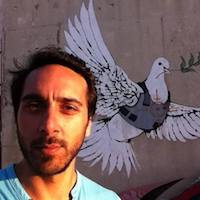
Marios Mouratidis is a PhD student and a research associate at the chair of Computers-supported Cooperative Work and Social Media, University of Siegen (Germany). He currently manages the Fab Lab Siegen and focuses his research on participation, maker methodologies, digital fabrication and innovation in Germany and Palestine.

Sarah Rüller is a PhD student and research associate at the Institute for Information Systems and New Media and the Collaborative Research Center 1187 – Media of Cooperation, University of Siegen (Germany). Her current research focuses on Computer Clubs and computer-supported project-based learning with Imazighen (indigenous inhabitants of Morocco) in the High Atlas.

Konstantin Aal is a PhD student and a research associate at the Institute for Information Systems and New Media and the Collaborative Research Center 1187 – Media of Cooperation, University of Siegen (Germany). He is part of come_IN, a research project which founded several computer clubs for children and their relatives including refugee and migrant populations in Germany and Palestine. His current research focuses on technology appropriation by local communities in the Global South.

Nina Boulus-Rødje is an Associate Professor in the Sustainable Digitalization Research Group at Roskilde University (Denmark). Throughout her career, she has carried out qualitative research, studying digitalization processes across various contexts. In the past decade, she has carried out research in Palestine, focusing on the tech-entrepreneurial scene. With a strong interest in studying technologies and work practice, she is equally interested in methodologies used for studying these.
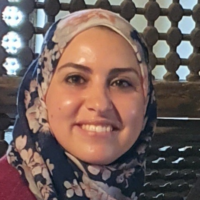
Shaimaa Lazem is an Associate Research Professor at City of Scientific Research and Technological applications, Egypt. Her research interests include participatory design, post-colonial computing, and decolonizing HCI. Her previous projects included designing heritage documentation applications for rural populations.

Anicia Peters is the Pro-Vice Chancellor for Research, Innovation and Development and Associate Professor at the University of Namibia. She is a native of Namibia and passionate about inclusion research and inclusive tech development. She is the initiator of the Africa HCI Conferences (AfriCHI). She is one of 10 African women in technology rolemodels and recipient of a recent Google Award for Inclusion Research. Her research work spans social media, gender, e-participation such as digital health and digital government.
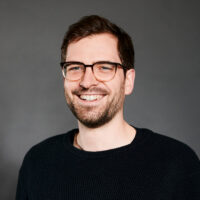
Since 2016 Simon Holdermann has been a research assistant at the CRC 1187 „Media of Cooperation“ and doctoral candidate at the Department of Social and Cultural Anthropology as well as a fellow of the a.r.t.e.s. Graduate School for the Humanities at the University of Cologne. For his recently completed doctoral project, which was developed within this interdisciplinary framework, he conducted research in the High Atlas in Morocco. The overarching research question revolved around the role of media technology within the context of profound socio-technical transformations in the mountain region. In particular, the entanglement of development cooperation, tourism and NGO became the focus of ethnographic attention.

Vasilis Vlachokyriakos is an Assistant Professor in Human-Computer Interaction and Digital Civics at the School of Computing at Newcastle University, Open Lab. He is also a co-founder and trustee of Open Lab Athens, a non-for-profit digital civics lab based in Athens. Vasilis‘ work centres on designing novel digital infrastructures for civic participation through place-based, participatory and action-led research aiming at the development of systems for cooperative work, particularly in-service provision. As part of this research agenda Vasilis is an investigator in the H2020 “Generative European Commons Living Lab” (Ge.CO Living Lab), of the H2020 “Digital Disruptive Technologies to co-create, co-produce and co-manage Open Public Services” (CO3) project, a co-investigator on the EPSRC Digital Economy Research Centre, and a co-investigator of the EPSRC “Centre for Digital Citizens”.
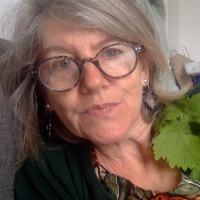
Ann Light is Professor of Design and Creative Technology, University of Sussex, UK, and Professor of Interaction Design, Social Change and Sustainability, Malmo University, Sweden. She is a qualitative researcher specializing in design for social wellbeing, the politics of participation and social innovation, with a particular interest in creative practice for transformations to sustainability and the social impact of networking. She also studies how grassroots organizations use design and technology. She has worked with arts and neighbourhood organizations and marginalized groups on five continents, in local, transnational and international development settings and run an international charity devoted to cultural exchange using digital media.

Dave Randall is a senior professor at the Institute for Information Systems and New Media at the University of Siegen. His research interests center on the use of ethnographic methods in technology-related fields, mainly for design and evaluation purposes. He has published extensively in this area. A specific interest lies in understanding the uses of new technology by less-well understood groups and communities and he has supported the work of researchers in areas like Colombia, Brazil, Bosnia-Herzegovina, Palestine and North Africa. He is the author of seven books and over 100 peer reviewed papers.

Volker Wulf is a computer scientist with an interest in the area of IT system design in real-world contexts, this includes the development of innovative applications from the areas of cooperation systems, knowledge management and community support. One special focus lies on flexible software architecture which can be adapted by end-users. Further research focuses on methods of user-oriented software development and introduction processes. He is the head of the Institute for Information Systems and New Media at the University of Siegen.

